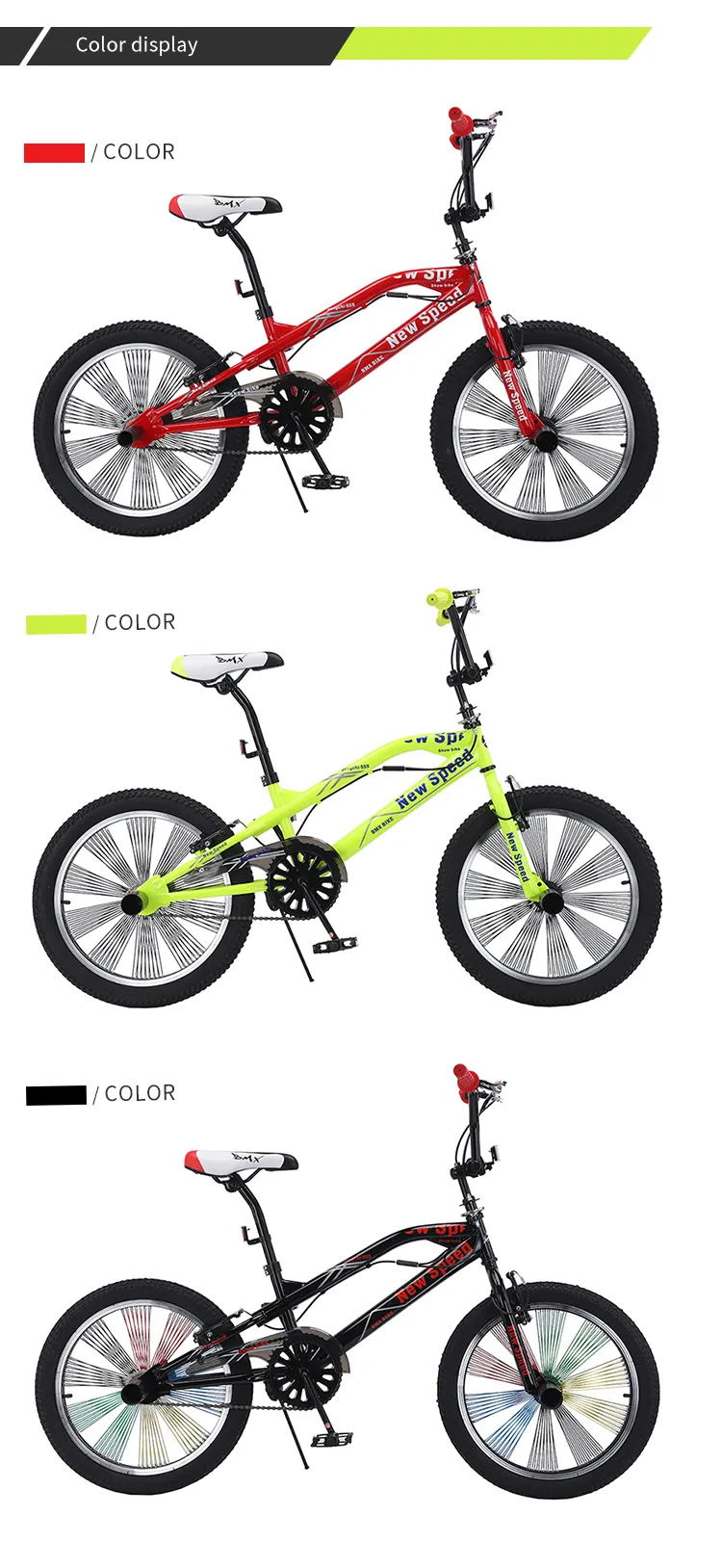
-
 Afrikaans
Afrikaans -
 Arabic
Arabic -
 Belarusian
Belarusian -
 Bengali
Bengali -
 Bulgarian
Bulgarian -
 Croatian
Croatian -
 Czech
Czech -
 Danish
Danish -
 Dutch
Dutch -
 English
English -
 Finnish
Finnish -
 French
French -
 German
German -
 Greek
Greek -
 hawaiian
hawaiian -
 Hebrew
Hebrew -
 Hindi
Hindi -
 Hungarian
Hungarian -
 Indonesian
Indonesian -
 irish
irish -
 Italian
Italian -
 Japanese
Japanese -
 Javanese
Javanese -
 kazakh
kazakh -
 Khmer
Khmer -
 Korean
Korean -
 Kyrgyz
Kyrgyz -
 Lao
Lao -
 Latin
Latin -
 Luxembourgish
Luxembourgish -
 Malay
Malay -
 Myanmar
Myanmar -
 Norwegian
Norwegian -
 Persian
Persian -
 Polish
Polish -
 Portuguese
Portuguese -
 Romanian
Romanian -
 Russian
Russian -
 Serbian
Serbian -
 Slovak
Slovak -
 Somali
Somali -
 Spanish
Spanish -
 Swedish
Swedish -
 Tagalog
Tagalog -
 Thai
Thai -
 Turkish
Turkish -
 Turkmen
Turkmen -
 Ukrainian
Ukrainian -
 Uighur
Uighur -
 Vietnamese
Vietnamese
Nov . 14, 2024 21:53 Back to list
mountain bike choose
Choosing the Right Mountain Bike A Comprehensive Guide
Mountain biking is an exhilarating outdoor activity that combines adventure, fitness, and the chance to explore nature. Whether you are a seasoned rider or a beginner looking to venture off the beaten path, choosing the right mountain bike is crucial for maximizing your enjoyment and performance on the trails. This guide will provide you with the essential factors to consider when selecting a mountain bike, ensuring you can tackle any terrain with confidence.
1. Understanding Mountain Bike Types
The first step in choosing a mountain bike is to understand the different types available. There are primarily three categories
- Cross-Country (XC) Bikes These bikes are designed for efficiency and speed on smooth trails. They are lightweight, have a more upright geometry, and usually feature front suspension (hardtails) or full suspension. Ideal for long rides and racing, XC bikes excel on climbs and fast descents.
- Trail Bikes These versatile bikes are great for various terrains, striking a balance between climbing efficiency and downhill performance. They typically have wider tires, a longer wheelbase, and both front and rear suspension for improved stability and comfort on rugged trails.
- All-Mountain/Enduro Bikes Built for technical descents and rough terrain, all-mountain bikes feature more robust construction and higher travel suspension. They are heavier than XC and trail bikes but offer greater control and durability for aggressive riders.
- Freeride/Dh Bikes These bikes are designed for extreme downhill riding and stunts. They are built to handle heavy impacts with reinforced frames and heavier components, making them less suitable for climbing but ideal for gravity-centric trails.
2. Frame Material
The frame material affects the bike's weight, durability, and ride quality. Common materials include
- Aluminum Lightweight, affordable, and durable, aluminum is the most common material for mountain bike frames. It offers a good balance of performance and price.
- Carbon Fiber Known for its lightweight and stiffness, carbon fiber provides better shock absorption and performance. However, it is generally more expensive and less durable than aluminum when it comes to impacts.
- Steel Steel frames are durable and offer a smooth ride due to their natural flex
. While heavier than aluminum or carbon, they can be a great option for those who prioritize comfort and resilience.3. Suspension
mountain bike choose

Suspension plays a critical role in how a bike handles rough terrain. There are two main types
- Hardtail Bikes with front suspension only. They are lighter and more efficient for climbing but can be less forgiving on descents.
- Full Suspension These bikes have both front and rear suspension, providing better control and comfort over rough trails. They are heavier but allow for more aggressive riding.
Consider what type of terrain you’ll be tackling. For smoother trails, a hardtail may suffice, while more technical courses will benefit from a full-suspension model.
4. Wheel Size
Mountain bikes typically come in three wheel sizes 26-inch, 27.5-inch (650B), and 29-inch.
- 26-inch wheels are agile and easier to maneuver, ideal for tighter trails. - 27.5-inch wheels offer a good balance between speed and stability, suitable for various riding styles. - 29-inch wheels roll over obstacles more easily and maintain speed better, making them excellent for cross-country and trail biking.
Choosing wheel size often comes down to personal preference and the type of trails you plan to ride.
5. Fit and Comfort
Finding the right fit is paramount to enjoying your mountain biking experience. When testing a bike, consider
- Standover Height Ensure you can straddle the bike comfortably. - Reach and Handlebar Height You should be able to reach the handlebars without straining or stretching excessively. - Seat Height When seated, your leg should have a slight bend at the bottom of the pedal stroke.
Conclusion
Choosing the right mountain bike involves understanding the various types available, considering frame materials, evaluating suspension options, selecting appropriate wheel sizes, and ensuring a proper fit. Take your time to test ride different bikes and consult with experts at bike shops to find the one that suits your riding style and needs. With the right mountain bike, you'll be ready to embrace the thrill of the trails, savor the beauty of nature, and enjoy countless adventures to come. Happy riding!
-
New Red Anti-theft E-Bike | Easy Ride City Commuter
NewsJul.31,2025
-
BMX 20 Inch Bikes for Freestyle & Street | Fat Tire Options Available
NewsJul.30,2025
-
322 High Quality 26 Inch 21 Speed Adult Mountain Bike OEM MTB
NewsJul.29,2025
-
Specialized Kids Mountain Bikes - Safe, Durable & Fun Riding Experience
NewsJul.29,2025
-
Little Kids Mountain Bike - Lightweight Bikes for Young Riders
NewsJul.29,2025
-
Kids Mountain Bike Trek – Full Suspension for 6 Year Old Riders
NewsJul.29,2025

